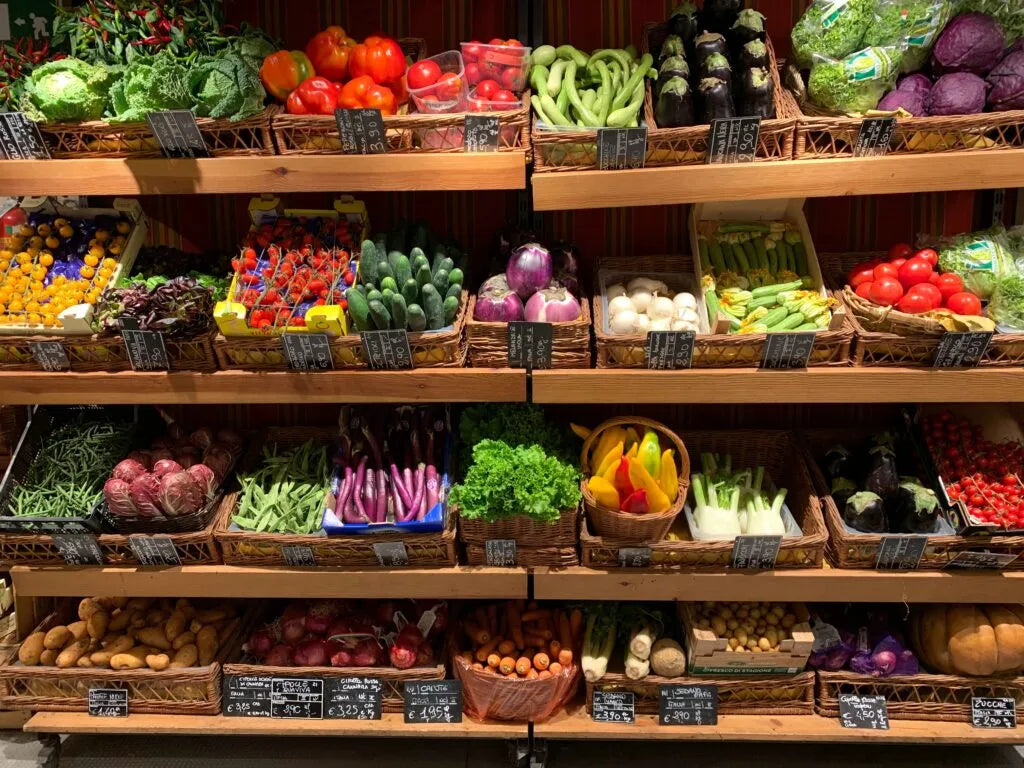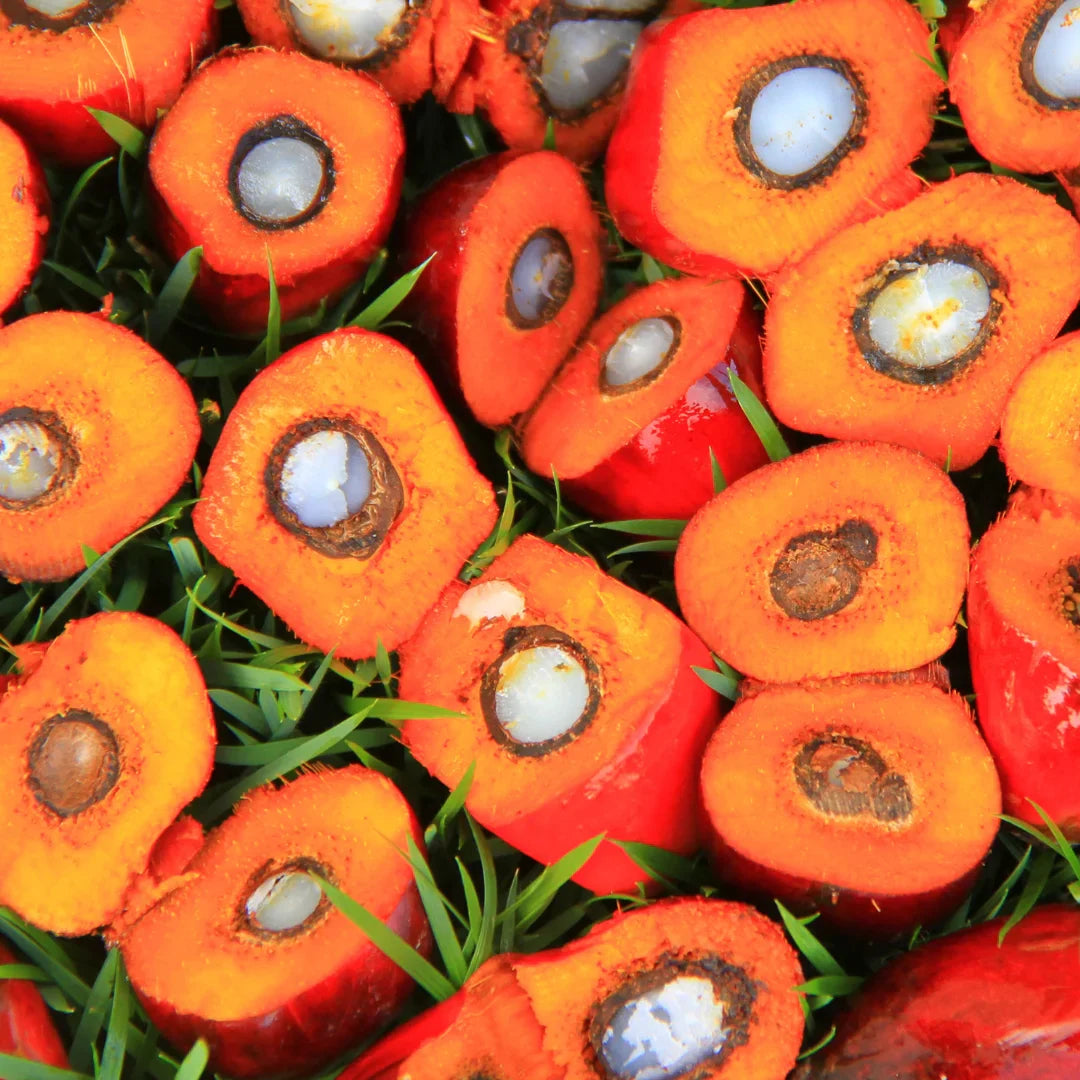What is an ecotarian?
An ecotarian is someone who creates a diet where their food has been produced in a way that minimises harm or does not cause any harm the environment. You may also see this written as ‘ecotarianism’.
The rise of the ecotarian has come from a loss of understanding and connection between how our food is grown or made and the impact this has on our environment. The word ‘eco’ comes from the Greek work ‘oikos’ meaning ‘home’. An Ecotarian practices exactly that, they believe that the changes come from their actions at home which have a wider impact on the food environment.
What impact does eating sustainably have?
According to industry experts in 2022, Agriculture is the second biggest polluting industry. Second only to the fuel industry. However, the food industry is shockingly placed above transport, technology and fashion. Food retail is considered a separate category and weighs in at number 4 on the most polluting industry list.
According to the IPCCs report, agriculture is responsible for 8.5% of all gas emissions in 2019, and an additional 14.5% through land loss and reutilisation for food production.
Here are some frightening statistics on how unsustainable and wasteful our food cycle is:
- Agriculture is responsible for 55% of the UKs methane emissions
- Home composting can potentially divert up to 150 kg of food waste per household per year from local collection authorities
- The whole food production process of farm-to-plate totals 26% of all global greenhouse gas emissions
- Producing just a kilogram of meat for sale can use anywhere between 13,000 and 100,000 litres of water
- Eating a veggie diet means 2.5 x less carbon emissions than a meat diet
- Animal sources of nutrition produce much greater greenhouse gas emissions compared to plant based sources. For example beef (meat) produces 99.48kg /CO2 equivalents (eq), and beef (dairy) vs just 0.43kg /CO2 eq for nuts, and 2.09kg /CO2 eq for tomatoes.
- Researchers at the University of Oxford found that cutting meat and dairy products from your diet could reduce an individual's carbon footprint from food by up to 73 per cent.
- The population is set to rise to around 9.7 billion by 2050 and we are consuming the planet’s natural resources faster than the Earth can replenish them. Without change, by 2050 we’ll need the equivalent of three planets resources to meet our current needs
- By eating vegetarian food for a year you could save the same amount of emissions as a family taking a small car off the road for 6 months.
- Around 85% of fisheries are overfished or fully exploited upsetting the balance of our oceans environment.
How can you become more environmentally friendly with your food habits?
Try to shop through local farmers, farm shops and markets. This means that the food is grown locally and hasn’t got many travel miles associated with it. DEFRA estimates that moving food is responsible for 25 per cent of all miles covered by heavy goods traffic in the UK. Which means the produce you eat has reduced carbon emissions and isn’t contributing to climate change through air miles.
Reduce animal sources in your diet
The production of meat and dairy is incredibly energy exhaustive, requires excessive amounts of water for feed growth, as well as hydration for the animal. Water is also used in the cleaning and preparation of meat before sale. During an animal’s growth, greenhouse gases are emitted. At this stage most people know that one of the most potent contributors of methane is cows. For example, Meat accounts for nearly 60% of all greenhouse gases from food production.
Minimise Food Waste
The obvious reason why food waste is an issue is because it can expend so much energy and resource to grow, nurture or manufacture your food to have no purpose other than the bin. Therefore wasting the energy, it takes to make the food. In addition, evidence has shown that putting fresh food in waste bins can release harmful gases such a methane as it rots. Methane is more than 25% more damaging than carbon dioxide. If you have food wastage, you should use a food waste bin or compost to dispose of it.
Grow your own
Growing your own fruit and vegetables can encourage you to waste less, as you are likely to only harvest what you need for the meal, rather than buying a pack of 6. Moreover, the maximum amount of distance your produce will do will travel meters from your garden to the kitchen counter! Whereas, In 2020, it was reported that 84% of fruit and 44% of vegetables in the UK had been imported which would have had a great contribution to the climate change. Lastly, there is no need for plastic packaging or excess waste.
Support brands who support the environment
Try to support brands that have goals to reduce climate change. These include brands that aim to reduce packaging, have ways to balance carbon output, such a carbon neutral schemes, or are accredited by bodies that encourage sustainable farming and fishing. Some examples of UK sustainable food brands include – pip organic, biona, island bakery totally wild foods, club zero, rubies in the rubble, oddbox, and wholly greens.
Eat Seasonally
Food grown out of its typical season requires artificial conditions that replicate its growing season. This might include increased or decreased temperatures, a change in moisture level, humidity or UV. To create this artificial environment takes increased energy and water than if it was just grown seasonally.
If you aren’t sure where to begin, take a look at Veg Soc’s Seasonal Vegetable Calendar.
Shop minimally packaged food
Whether its shrink-wrapped, supported by a polystyrene tray or hemmed by a cardboard box it's become the norm to expect almost sterile packaging with our weekly groceries. By opting for unpackaged or minimally packaged foods you can reduce your carbon footprint when purchasing your groceries. Other ways to commit to this environmentally friendly rule is to shop at markets, butcher and bakers, purchase reusable produce bags, use waste-free refillable shops and research companies that are using innovative ways to minimise 1-use packaging.
References
https://www.theecoexperts.co.uk/blog/top-7-most-polluting-industries
https://www.theguardian.com/environment/2008/nov/23/ecotarianism-diet-ethical-living
https://www.fao.org/news/story/en/item/196402/icode/
https://ourworldindata.org/environmental-impacts-of-food
https://vegsoc.org/info-hub/why-go-veggie/environment/
https://www.downtoearth.org/go-veggie/environment/top-10-reasons
https://www.bbcgoodfood.com/howto/guide/facts-about-food-miles






Share:
Natural Hair Care – The Do's and Don'ts
Mental Health Hacks - How to be Alone